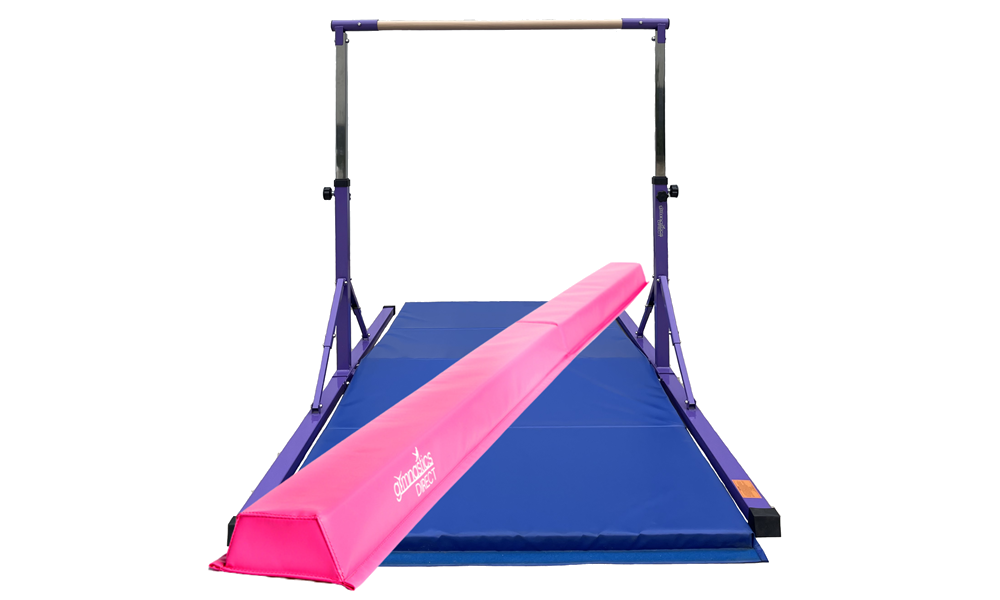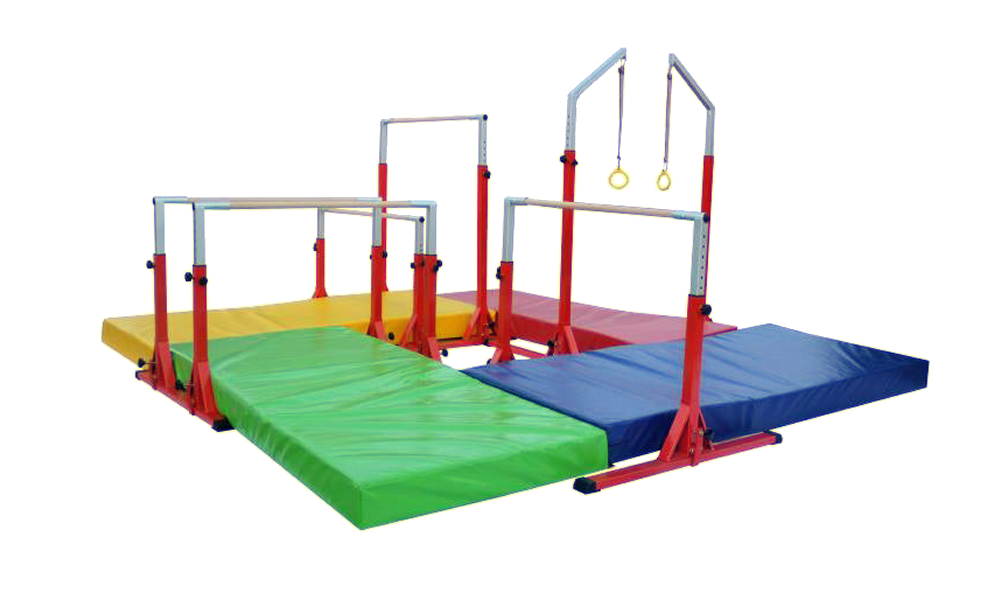Tips For Recovering Mentally After A Sports Injury with Jeff B.J. Edwards
May 10, 2021 4 min read

Sports injuries are common, particularly in high-intensity and demanding sports like gymnastics. Regardless of the injury, both physical and psychological resilience is required to overcome the setback. The Gym Spot sits down with Physio and Life Coach Jeff B.J. Edwards on the importance of maintaining mental health post-injury and how to overcome it and get back to your physical peak.
The importance of mental health post-injury:
According to Jeff, the human mind is quite complex, as there is always something that it will need to focus on, especially when it comes to training. This is because, the majority of the time, when an athlete is training, they are training with intent and an end goal.
"When your head is ‘in the game’, this stage is set with focus and purpose on the task at hand while you tend to know what act is up next because you are following an athlete’s routine."
When athletes become associated with an injury, this can disrupt the flow and they can shift their focus very quickly on negative thoughts - in particular, the burden of the injury or your burden on a team because of it. This mindset happens almost subconsciously, and the athlete may not even realise that this is the case. And so even after rehabilitating the injury, it may be difficult to get back into an athlete mindset that can match the athlete's mindset previously.
"Mental health should be worked on just as much as the injury because in all of the development, resilience and skill a sport requires, the mind is the ultimate driver. I’m not only talking coordination, reflexes and reaction times, but the larger, fulfillment, drive and ambition that need to be fed consistently. Any sport has its own rhythm and beat and staying in tune takes energy and practice - it is almost impossible to just switch it on after some time off."

Tips for overcoming mental blocks post-injury:
1. Drop your expectations.
"During rehabilitation, you will go up and down, back and forth - some days feeling the injury, others not so much followed by a random day of it being almost unbearable depending on the injury. Pain is not always a good indicator of recovery and so it can be difficult to pin point how the body is healing, however if you drop personal expectations of recovery and remain consistent with a rehab protocol, it is inevitable that you will get stronger, your body will make the adjustments and you will most likely get to previous or an increase of previous performance. Knowing this can save a lot of anxiety. Stick to the rehabilitation protocol."
2. Progress doesn't instantly mean stronger, faster or better.
As stated in our previous blog about ways in which we can reduce the risk of injury, it is important to ensure that we prevent the same type of injury from happening again in the future. For most, this means that they may need to reevaluate their form. Seeing as gymnastics is a high-risk sport, it is important for all athletes to perfect their form, as this not only gets them more points when it comes to performing at elite levels, but it also helps decrease the risk of injuries that can prevent you from participating in the sport altogether.
To put this into perspective, Jeff says, "Picture a competitive squatter who comes into my clinic with lower back pain. I watch her squat a loaded bar and tell her that her hamstrings are tight while her quadriceps and lower back are taking the weight with unequal loading on the glutes and hamstrings. I correct her form but now she can only squat 80% of her current max. She doesn’t like this and resumes her previous technique before getting injured again - now more severely in the lower back."
Sometimes, when an athlete fixes their form, it can be disheartening to see that we may not be able to perform with as much power or be able to lift as much as we usually do. If this is the case, don't let this blur your focus, as if you pay the price to strengthen your weaknesses, then over time, your performance will improve dramatically.
3. Don't be afraid to ask for help if you are struggling.
"Even in athletes, confidence in the body is important after an injury. It is not fragile and is meant to take on stress. If you have taken time to rehabilitate and followed the advice of a therapist, let that fear go by warming up and gaining confidence in its use. If required, don’t be afraid to ask a therapist for this help."
4. There is always something you can do to maintain an 'athletic routine' in your life after being disrupted by injury.
Due to being out of the habit of a daily routine and a loss of passion/purpose and intent, injuries can lead to depression and anxiety. Ways in which an athlete can combat this is through self-awareness, and the second is to never just 'stop' your routine entirely.
"Focus on another area of your sport such as educating yourself, watching videos or going to live events. Additionally, keep up a form of exercise each day to maintain cardiovascular fitness and a schedule as this will do wonders for you mentally. "
If you have any questions for Jeff, let us know in the comments below!
Leave a comment
Also in Advice for Gymnasts

Overcoming fear on the Balance Beam
March 24, 2024 2 min read

Best Gymnastics Equipment for Beginners
January 09, 2024 3 min read 2 Comments





